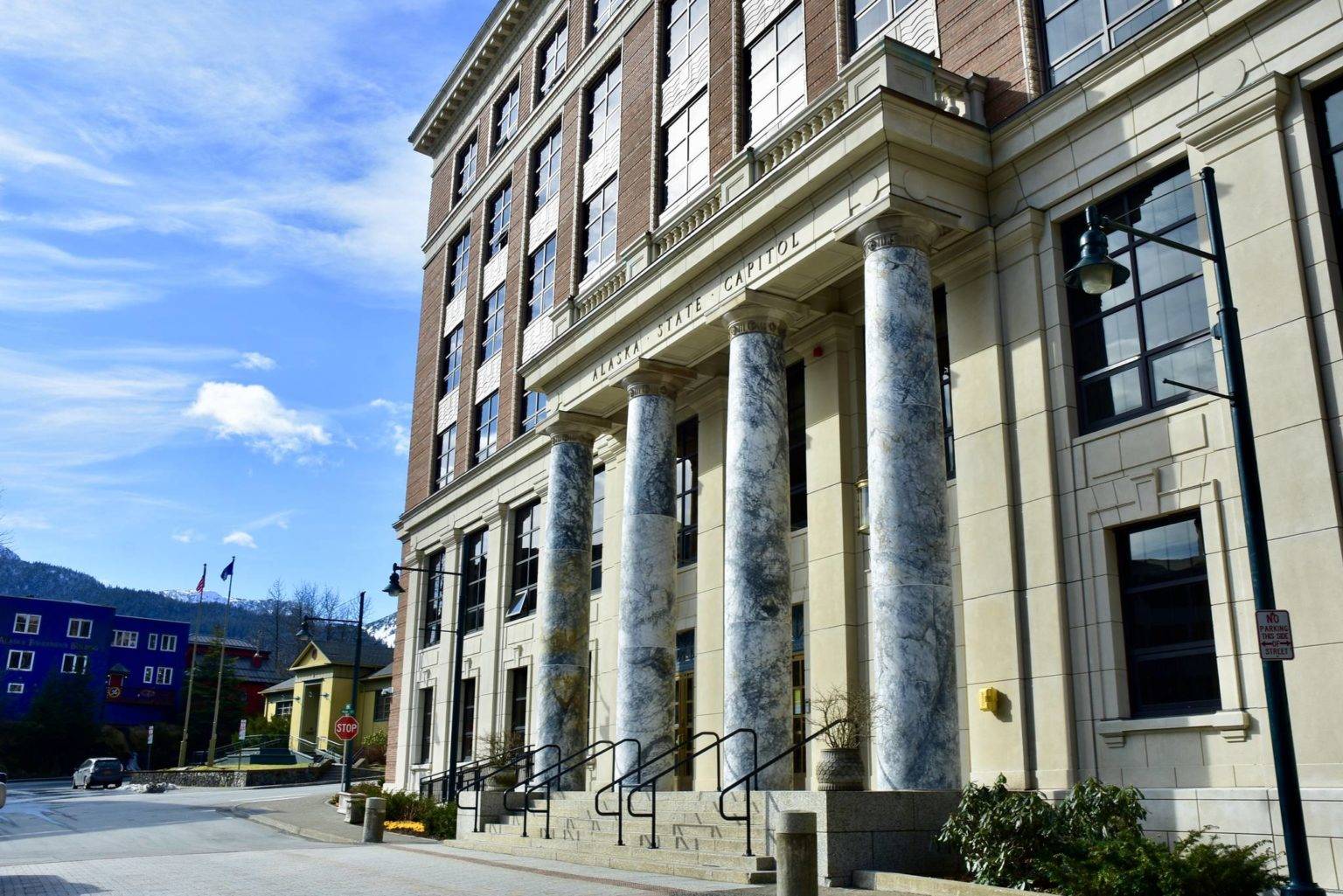The issue of what to do with oil taxes is once again before us. The question will be presented in the form of Ballot Measure 1 in November. While Alaskans have proven to be smart and savvy voters, I confess to a well-developed skepticism about putting complicated fiscal issues on the ballot for a simple up or down vote.
For that reason, I intend to vote no — not because of the merits or because I have more insight into this issue than other Alaskans — but because the initiative process in this instance leaves too many questions unanswered. In my opinion, the paramount importance of oil taxation to the future of this state calls for a measure like this to go through the scrutiny of the legislative process.
For sure, that process is messy — we’ve all heard the quip about the comparison to making sausage (perhaps an insult to sausage makers). But in a democracy, it is the only way I know to ensure a rigorous analysis of important and complex policy choices.
I have the privilege to know, and have worked with, several of the ballot measure’s sponsors, and I hold them in the highest regard. However, I do not believe they should replace the Legislature as the primary crafters of state tax policy, and I respectfully disagree with their decision to skip the legislative process and to toss this issue straight to voters.
Ideally, if Ballot Measure 1 were introduced as a bill — and I suspect there are legislators who support the measure — it would endure many hours, if not days, of hearings before several committees in both bodies of the Legislature. There would be input from all stakeholders: representatives from the oil industry would state on the record how the initiative would impact their Alaska business; independent economists and experts would model the tax proposal to provide a third-party view of what the measure would actually do; proponents of higher taxes would explain and justify their reasons and clarify their intent; and members of the public would testify as to its pros and cons.
It is admittedly a long and tedious process, but the give-and-take among stakeholders, and the additional analysis that accompanies such measures, invariably leads to a balancing of interests — including the public interest — resulting in a bill that is informed of the facts and capable of garnering the necessary support for passage.
Some knowledgeable observers have criticized Ballot Measure 1’s language as ambiguous and confusing. This, too, can be addressed through the legislative process with amendments to clarify or cure deficiencies and ambiguities in the text. If Ballot Measure 1 is passed, those issues will be left for the courts to decide, post-enactment — and without the benefit of any legislative record to assist in their analysis.
The biggest elephant in the room today is the historic collapse of oil prices and the widespread economic hardship caused by COVID-19. In fairness to Ballot Measure 1’s sponsors, I don’t believe this could have been predicted. Nonetheless, reasonable Alaskans must wonder about how the ballot measure will impact the oil industry in our state in light of these unprecedented events.
Again, it may be my personal bias, but I have serious reservations about leaving an incredibly complicated and nuanced issue like oil taxation to the persuasion of sloganeering and sound bites. The legislative process is not pretty, and it can be very frustrating, but that is how our system is supposed to work in my humble opinion — particularly when dealing with issues so important to the financial stability of our state. Given all these factors, I intend to vote no on Ballot Measure 1.
• Michael Geraghty served as Attorney General for the state of Alaska from 2012 to 2014.

